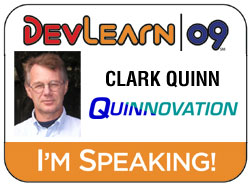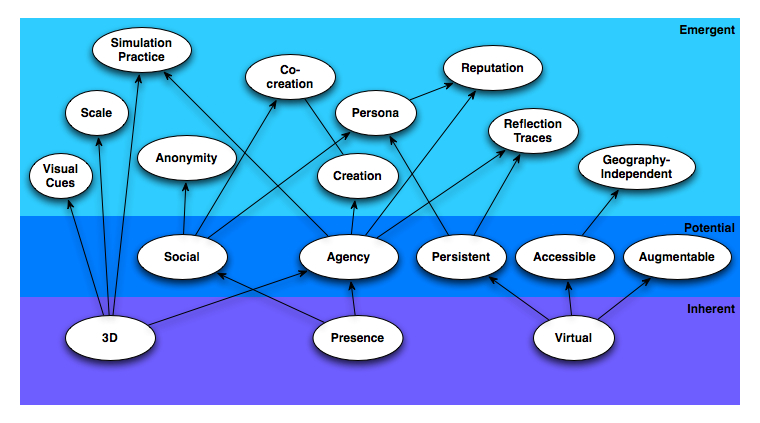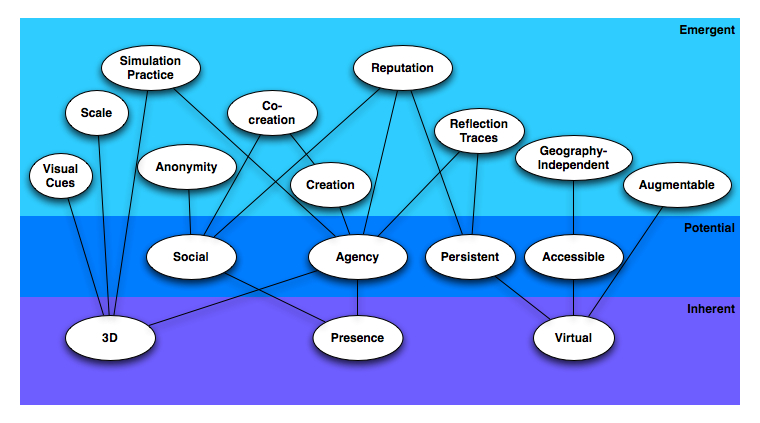At the upcoming DevLearn conference, Jay Cross and I are holding a pre-conference workshop titled: Be the Future of Organizational Learning: Become a Chief Meta-Learning Officer. We already know we’ve got critical mass in terms of signups, so we’re excited about the possibilities, but we really want to do our best to ensure we deliver a valuable experience.
 Based on the principles from our CLO article on the topic, we’re intending to make it a real hands-on, wrestling with the issues, talking about specifics, and bolstering the discussion with data from close to 200 respondents to the survey that was associated with the article. We want attendees to not only be informed, but empowered to go back to their organizations and make a meaningful impact.
Based on the principles from our CLO article on the topic, we’re intending to make it a real hands-on, wrestling with the issues, talking about specifics, and bolstering the discussion with data from close to 200 respondents to the survey that was associated with the article. We want attendees to not only be informed, but empowered to go back to their organizations and make a meaningful impact.
Though we’ve ideas on what we think is important, we’d really like to hear what you’re expecting, are concerned with, would like to see, etc.
There’s a social networking site for DevLearn, and I’ve created a group for this session. I’d welcome you going there and beginning to talk up things like what you’re seeing, what you’re worried about, and what you’d like to get out of the session. Of course, you’re welcome to comment here, too.
I’ll be speaking also on the topic in a concurrent session as well, on mobile design with David Metcalf in Judy Brown’s Mobile Learning Jam, and with Richard Clark on pragmatic mobile development, but those are topics for another post.
I’ve always found eLearning Guild events to be worthwhile, and given the lineup I think this one will be as good as ever. Hope to see you in the workshop, or at least at the conference.
 Corrie Bergeron (@skydadddy) pointed out that I hadn’t really accounted for the ability to create a persona, a representation of yourself via avatar that reflects how you’d like to be perceived. Chuck Hamilton did have it in his list, and I thought it was implicit in the alternative to anonymity, but on reflection, I think it does deserve it’s own affordance, and implications for reputation.
Corrie Bergeron (@skydadddy) pointed out that I hadn’t really accounted for the ability to create a persona, a representation of yourself via avatar that reflects how you’d like to be perceived. Chuck Hamilton did have it in his list, and I thought it was implicit in the alternative to anonymity, but on reflection, I think it does deserve it’s own affordance, and implications for reputation. I start with what I think are the core affordances of virtual worlds, that there’s a 3D world, that you can visit, and that’s digital. From there, I see that you can enable others to be there (social), you can enable action (agency), the world can be kept around (persistent), and it can be made accessible broadly (e.g. through the internet).
I start with what I think are the core affordances of virtual worlds, that there’s a 3D world, that you can visit, and that’s digital. From there, I see that you can enable others to be there (social), you can enable action (agency), the world can be kept around (persistent), and it can be made accessible broadly (e.g. through the internet).